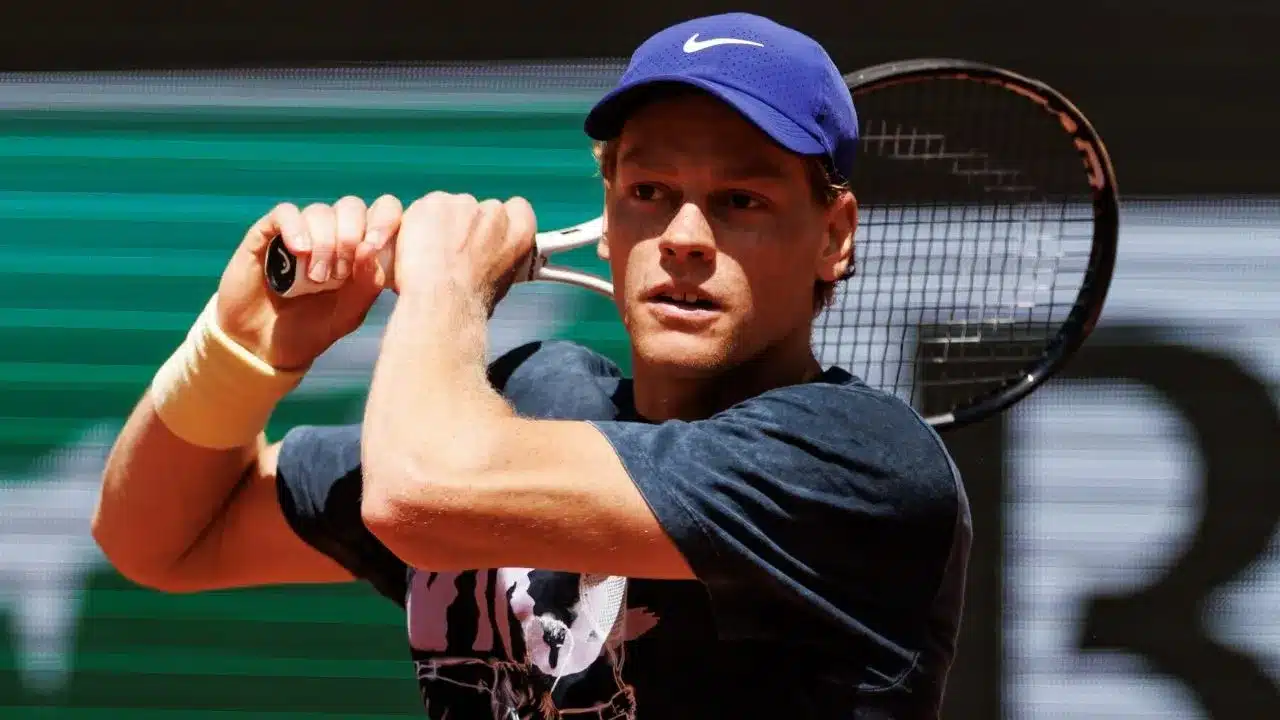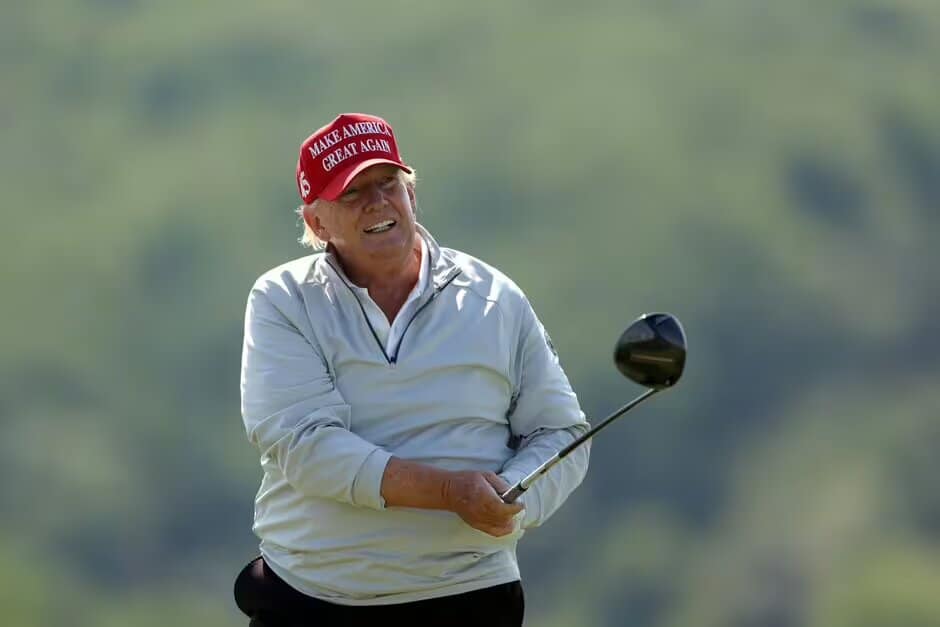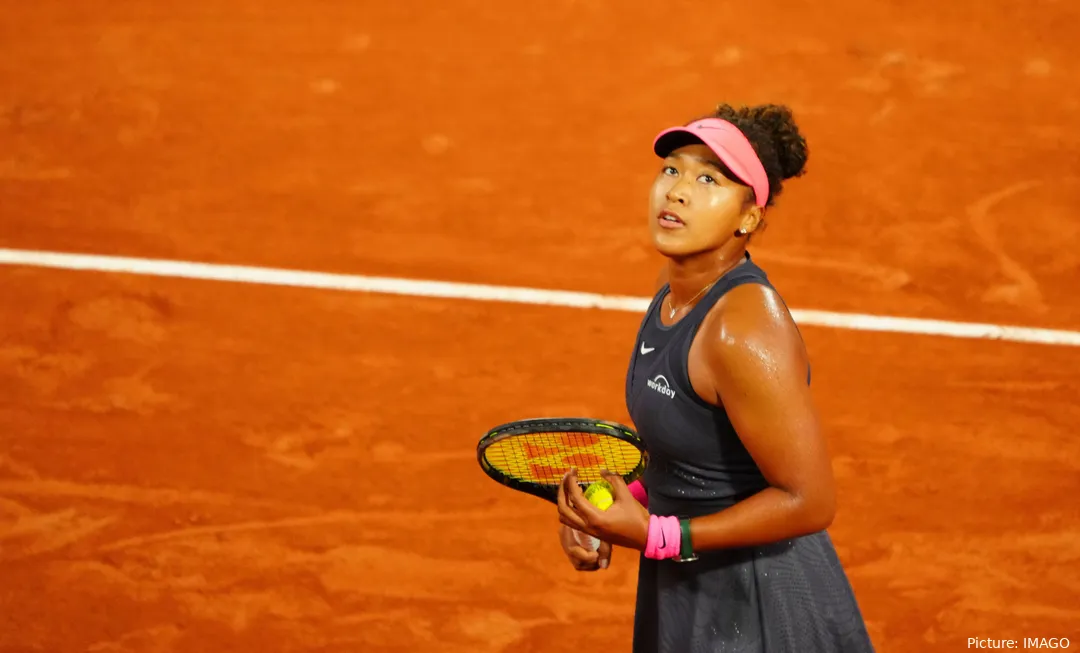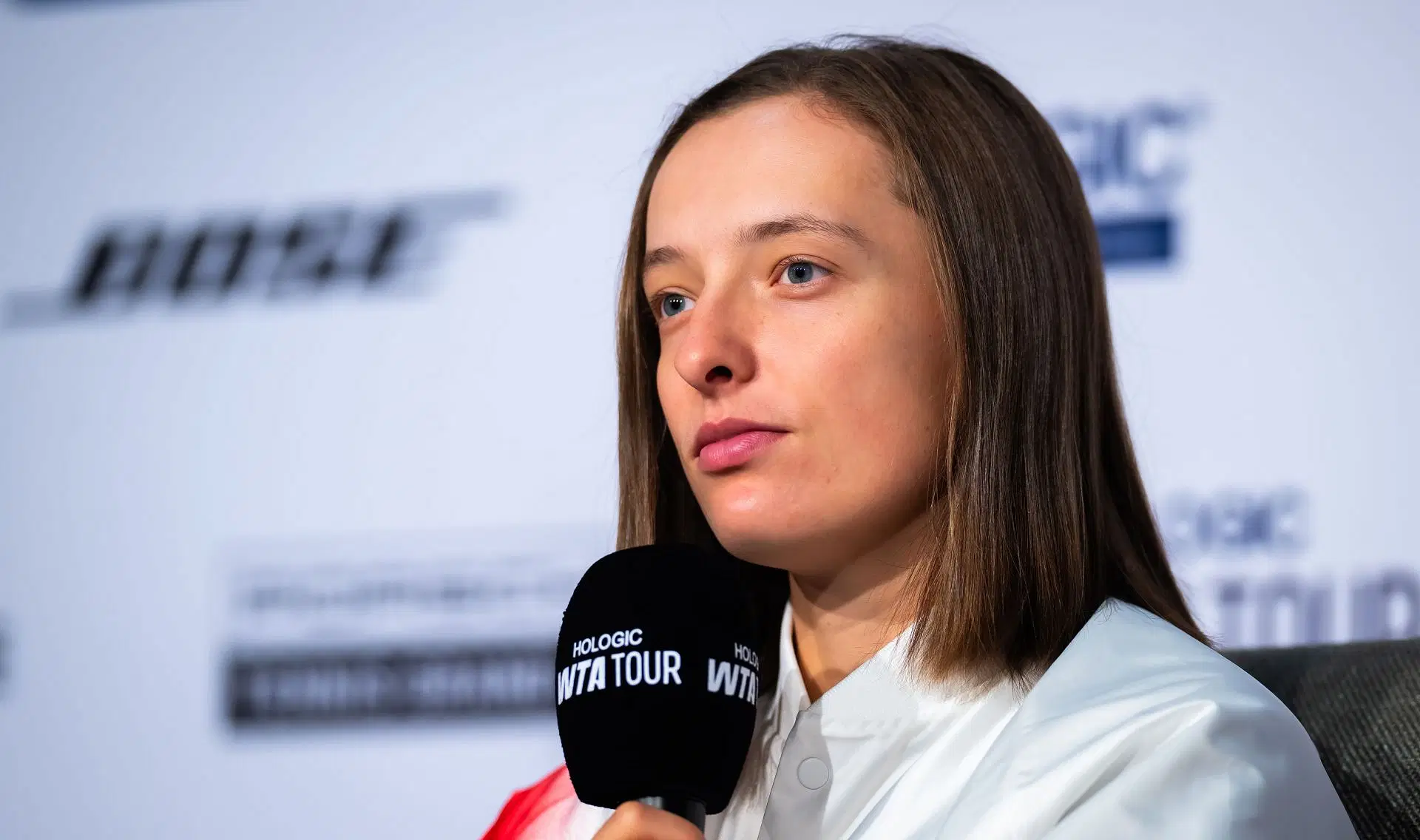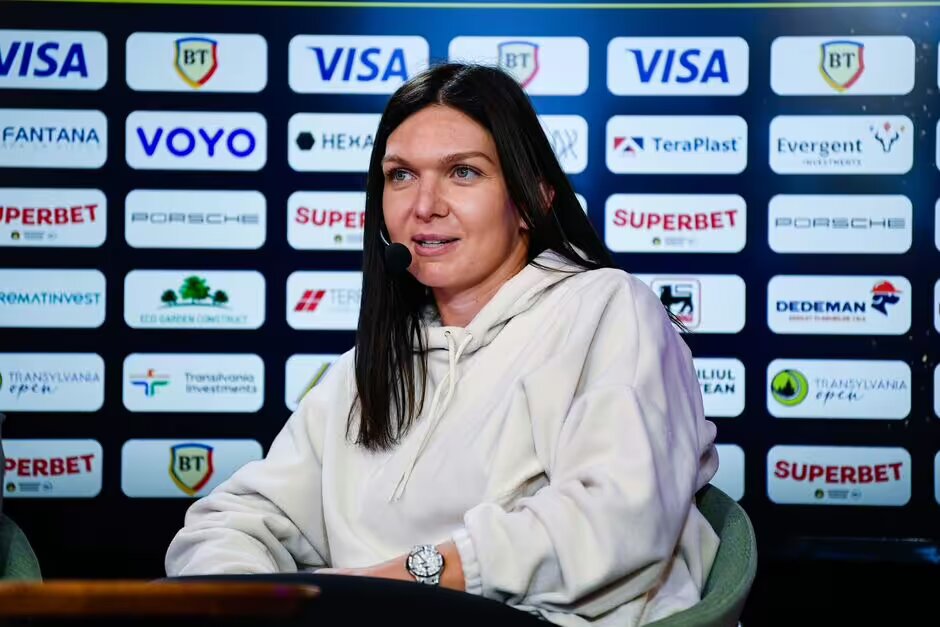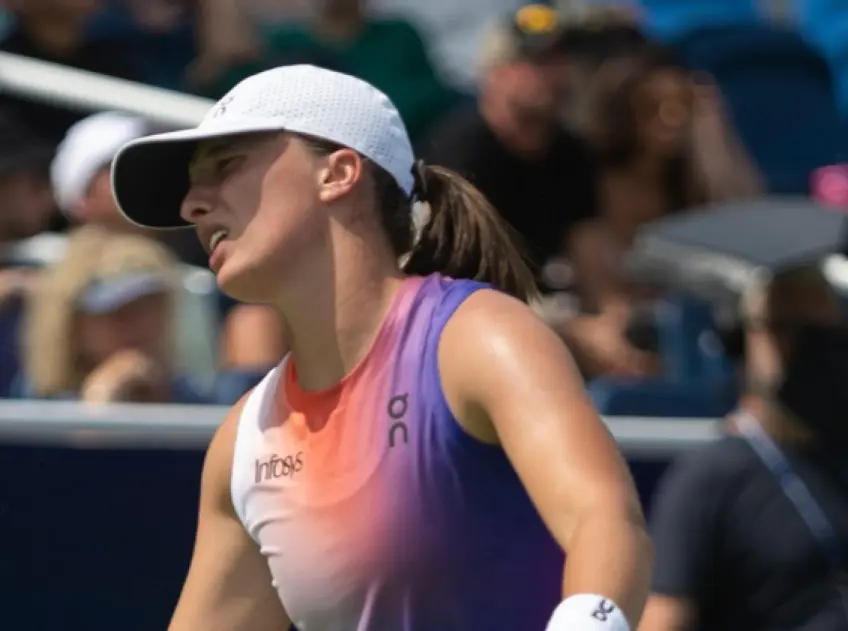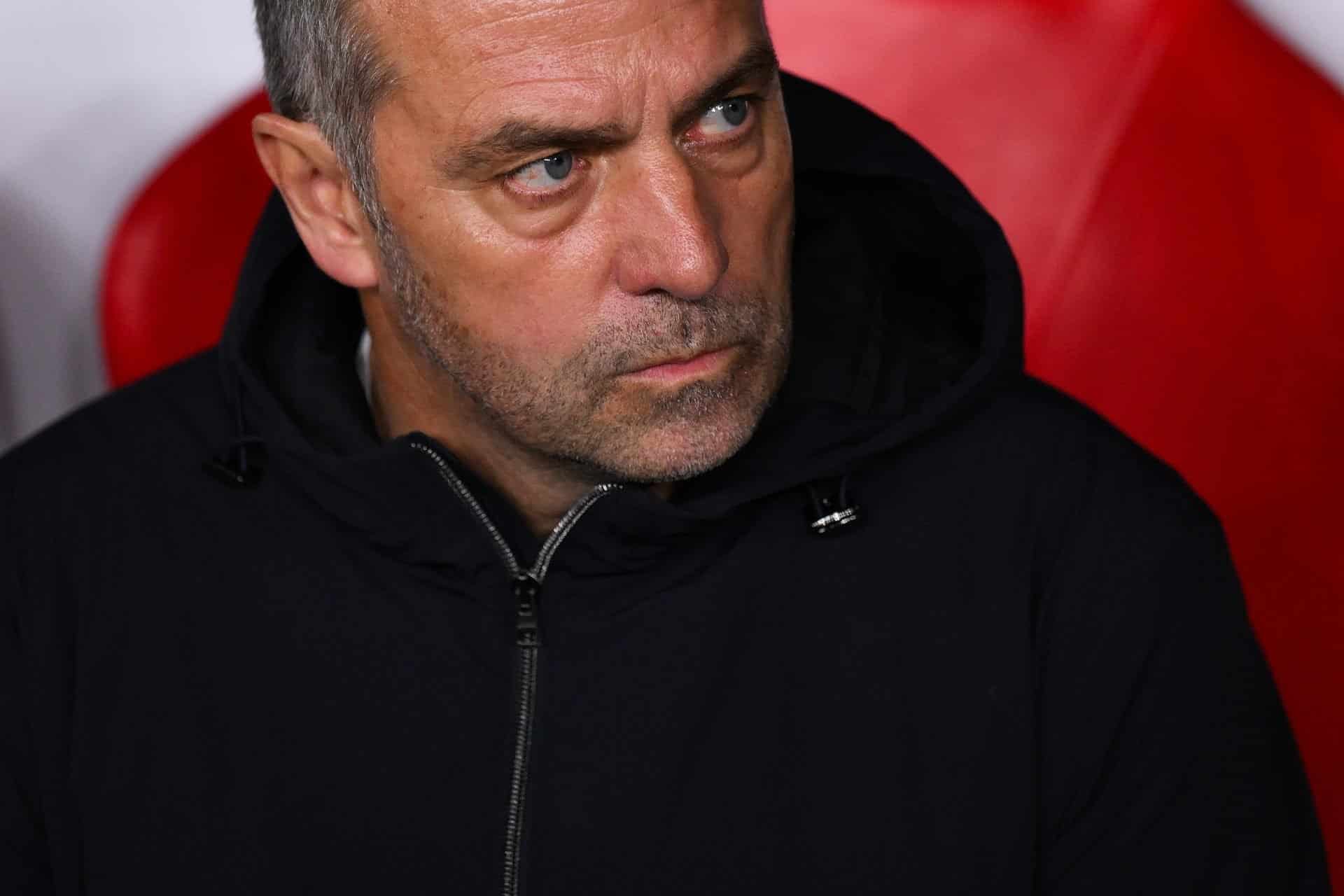Jannik Sinner stepped onto the clay courts of Roland Garros as one of the frontrunners for the French Open crown, with heavy backing from oddsmakers who favored him and Carlos Alcaraz—winners of the past five Grand Slam titles between them—to dominate the men’s draw.
Despite the shadow of a recent doping controversy, Sinner has retained strong corporate backing. The world No. 1 recently completed a three-month suspension after testing positive for clostebol, a banned substance, in two separate instances disclosed last August by the International Tennis Integrity Agency (ITIA). Yet his marketability appears largely unshaken.
At the time of the suspension, Sinner held endorsement deals with at least ten companies. Sportico reports that sponsors like Rolex and Lavazza have publicly reaffirmed their commitment, while others, speaking off the record, have also confirmed continued support. There’s been no public sign of any partnership dissolutions.
In recent weeks, Sinner has actively featured major brand partners—including Nike, Lavazza, Head, De Cecco, and L’Oreal’s La Roche-Posay—across his Instagram, signaling stability in his sponsorship portfolio.
“The (doping case) shocked us,” Marco Lavazza, vice chairman of coffee maker Lavazza, told Italian daily Il Giornale. “Then, like everyone else, we realized that it was a mishap … I don’t have any doubts over who Jannik Sinner is.”
Nine months ago, tennis was rocked when the International Tennis Integrity Agency (ITIA) revealed that world No. 1 Jannik Sinner had tested positive for the banned anabolic steroid clostebol during routine doping tests in March 2024.
However, an independent tribunal found that Sinner bore “no fault or negligence” after he explained that the substance had been inadvertently transferred to him via a healing spray used by his physiotherapist, Giacomo Naldi, before a massage. Clostebol is a common ingredient in some over-the-counter creams and sprays sold in Italy.
Though ITIA accepted this explanation, the World Anti-Doping Agency (WADA), which holds authority over ITIA, contested the ruling. WADA appealed, arguing for a suspension of up to two years.
Eventually, Sinner and WADA reached a compromise: a three-month ban. The timing proved advantageous—Sinner avoided missing any Grand Slam events and returned to the court in time for the Italian Open, where he reached the final before falling to Carlos Alcaraz.
The case has stirred debate within the tennis community. Some players have criticized the perceived leniency shown to elite athletes, and the Professional Tennis Players Association (PTPA) issued a letter denouncing the ITIA’s adjudication process as “broken.”
Despite the controversy, Sinner’s performance has been undeterred. Since the initial suspension announcement last August, he has appeared in seven consecutive finals, securing five titles—including the U.S. Open and Australian Open—and helped lead Italy to a second Davis Cup triumph. His 2023 campaign included eight ATP titles and $17 million in prize money, capped by a record $4.9 million for winning the ATP Finals in Turin.
In 2024, Sinner topped even that, taking home the largest paycheck of the year at the Six Kings Slam exhibition in Saudi Arabia, where he earned $6 million in winnings and appearance fees.
Combined with sponsor incentives, his off-court earnings exceeded $20 million, placing him at No. 43 on Sportico’s list of the world’s highest-paid athletes, with total earnings of $52.3 million.
Remarkably, Sinner has held the world No. 1 ranking for 50 consecutive weeks—even though he was ineligible to earn ranking points during his suspension.
While every doping case is unique, Sinner’s sponsors have stood by him—a stark contrast to what Maria Sharapova faced in 2016. Then the highest-paid female athlete in the world, Sharapova lost multiple endorsements after testing positive for meldonium shortly after it was added to WADA’s banned list.
Although her two-year suspension was reduced to 15 months after a finding of “no significant fault,” brands like Nike, Porsche, and Tag Heuer initially distanced themselves. Many later returned, but her off-court earnings plummeted.
In Sinner’s case, brand loyalty has prevailed. While he parted ways with longtime agent Lawrence Frankopan in March—a move that marked the end of a partnership that helped him become one of tennis’ top earners—Sinner has since brought on Alex Vittur of AVIMA Sports & Business Management to oversee his growing portfolio.

